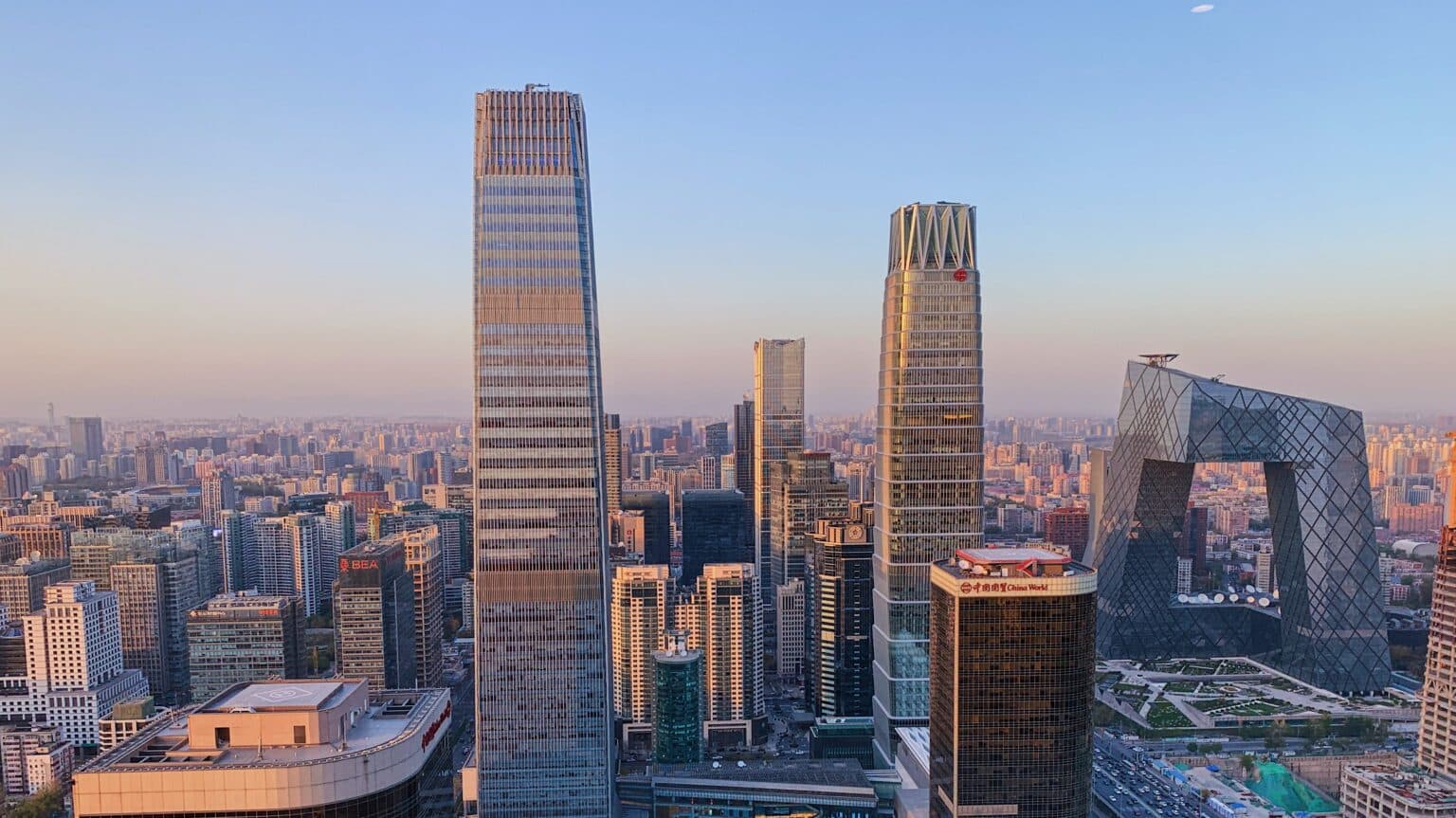Several Chinese cities announced Thursday they would ease Covid restrictions after protests erupted across the country against the government’s draconian zero Covid policy.
A deadly fire last Thursday in the northwestern Xinjiang region set off a domino of protests in cities throughout the weekend, including unprecedented calls for President Xi Jinping to resign from office.
Demonstrations had eased by Monday as authorities in the cities beefed up security, but offering concessions to peaceful protesters, like easing Covid restrictions, is also unusual in China, experts tell Political IQ.
The Xinjiang city of Urumqi, where 10 people died in an apartment building fire when fire trucks couldn’t get past Covid lockdown barriers, was among the first cities to phase out Covid restrictions. That was last Friday.
Other cities lifting Covid restrictions include the southern city Guangzhou, the northern city Shijiazhuang and Chengdu in the southwest.
In the capital city of Beijing, officials reportedly may allow some people to isolate at home instead of being contained in crowded quarantine centers.
However, China’s Ministry of Foreign Affairs has dismissed accusations that its zero Covid policy—which includes forced mass testing and locking down whole cities for months at a time—is too strict.


